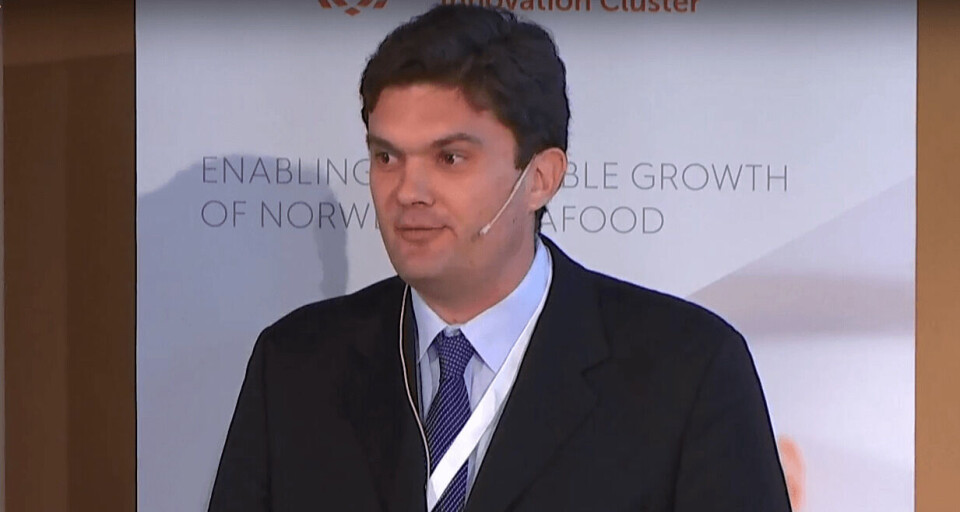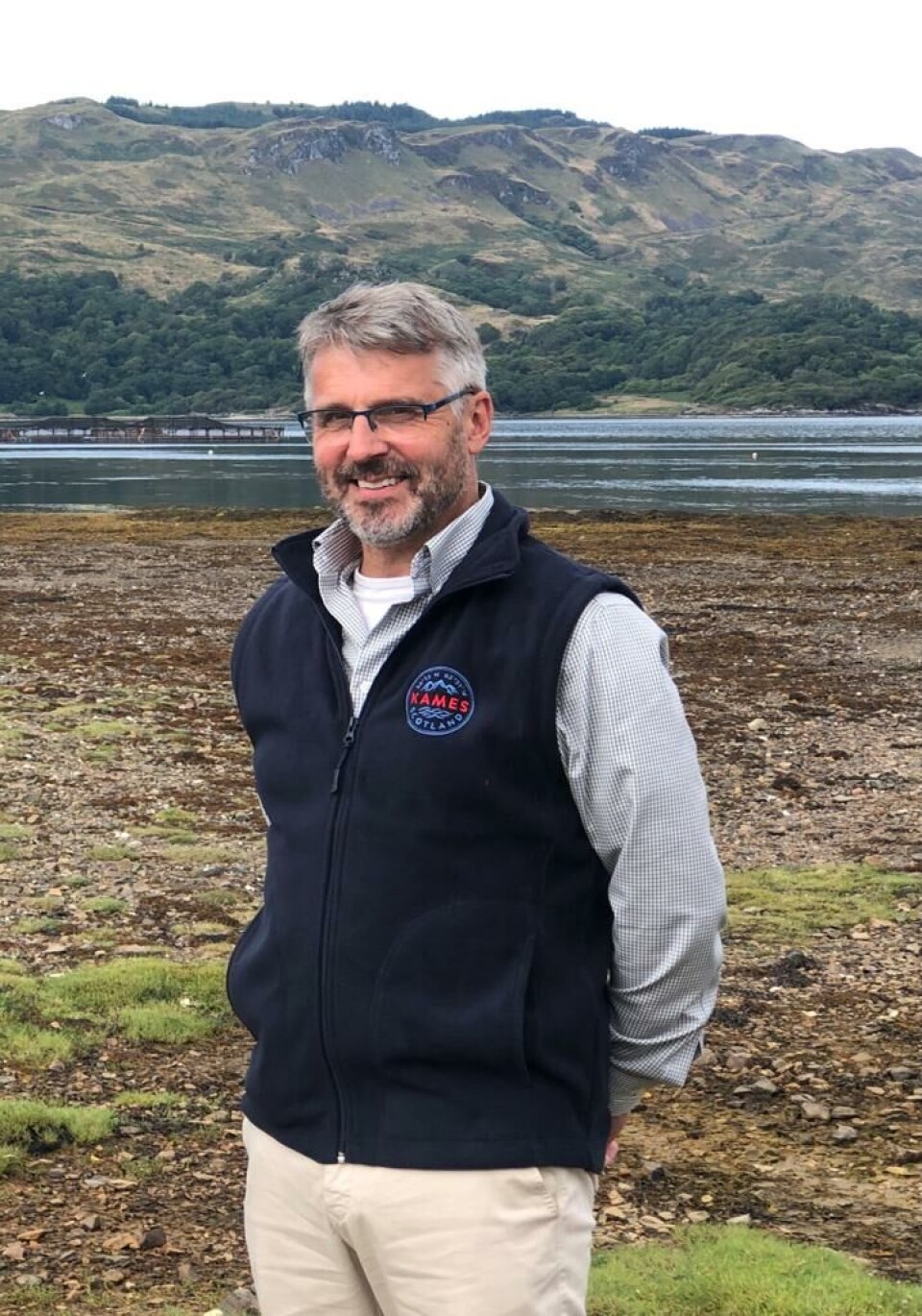
Coho farmer joins Kames in Cargill’s carbon-cutting initiative
Scottish steelhead trout farmer Kames Fish Farming Ltd has been joined by Chilean coho salmon producer Salmones Aysén as a member of feed giant Cargill’s SeaFurther Sustainability initiative to raise more sustainable seafood with less environmental impact.
“In order to develop sustainably, aquaculture has to minimise the carbon emissions it creates. With SeaFurther we support salmon farmers in charting a path to net-zero emissions, helping them to meet science-based targets that have been set by the industry,” said Helene Ziv-Douki, president of Cargill’s aqua nutrition business, in a press release.
“It all starts with understanding the goals of our customers and analysing their current situation; then based on the data that we collect on their farms, Cargill is able to precisely identify hotspots in the value chain where it will be possible to intervene to reduce emissions.”
The three key areas of the SeaFurther initiative are:
- Transforming raw materials: working with customers and suppliers to identify and grow planet-friendly ingredients and find new ways to reuse by-products.
- Innovating and enhancing: focusing on ways to increase fish efficiency, getting the most out of production while using fewer resources and reducing the impact on the ocean.
- Safeguarding animal health: developing fish nutrition that promotes and enhances the health and welfare of farmed fish and working with our customers to make sure fish in their care are managed to the highest standards.

Common goal
Dave Robb, programme lead for SeaFurther, said: “SeaFurther has created vertical collaborations with our suppliers and customers and horizontal collaborations within Cargill. Aligning on a common carbon reduction goal makes the message simple, but SeaFurther supports much more than just the carbon goal for sustainable aquaculture. The premise is based on creating a common approach and data to deliver sustainable supply chains for feed and farming.”
In the short term, feeds will be formulated with the same nutritional properties as previously required by the customers but with a lower carbon footprint. In addition, over the next few years, Cargill will work with its suppliers to produce raw materials with lower emissions. These can then be used in the new formulations – bringing further reductions in line with a goal to cut the carbon footprint of participating companies by 30% by 2030.
Open communication
Kames managing director Neil Manchester said: “We are proud to lead the way for reducing emissions from the trout industry through this partnership with Cargill. Carbon efficiency resulting in reduced emissions will only be fully achieved if we work together across the whole supply chain, so it’s fantastic that this initiative and open communication is happening rapidly and at scale.”
In an interview published in the current edition of Fish Farming Expert magazine, Manchester said that the company’s new mutli-purpose workboat, the Tiffany II, would the last fully-diesel powered vessel that Kames would buy. Future vessels will be hybrids or fully electric.
Culture change
Salmones Aysén director Pablo Baraona said the family-owned and operated company had been on the path of becoming carbon neutral for a few years.
“Adopting different policies on how to farm and process our salmon, the company is changing its culture and growing into this new way of farming to achieve not only a zero emission, but a sustainable and fair way of producing,” said Baraona.
“Our commitment comes from the very heart of the company, because is a conviction that the owners of the company have themselves, not only in this company, but in life. Therefore, we have decided to commit to the SeaFurther programme along with Cargill, in order to move forward with this objective that we are convinced we are going to achieve in the coming years.”























































